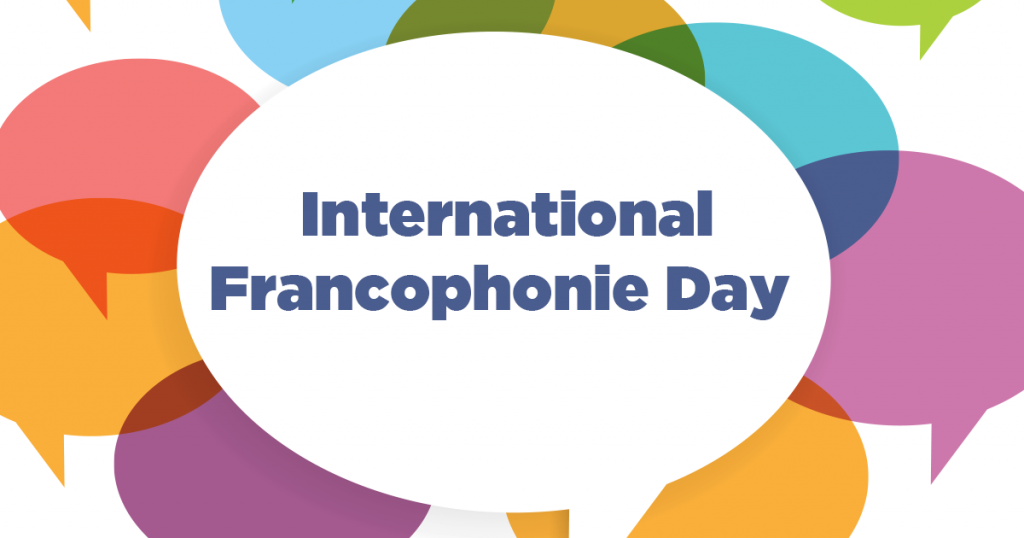
March 17, 2022
In North America, the Francophonie is a historical and geographic fact. More than 14 million speakers contribute to the vitality and visibility of the French language. In Canada, more than a quarter of the population considers itself to be Francophone, a reality that was recognized when Parliament adopted the Official Languages Act at the end of the 1960s.
It is therefore normal that institutions from the government or other sectors reflect this reality by recognizing the rights of individuals and communities to receive services and communications in the language of their choice, and by making federal institutions a place of work that is conducive to the use of both official languages in regions that have been designated as bilingual. However, beyond laws that have been adopted, the everyday reality is quite different. Even though the Official Languages Act has made French one of two official languages in Canada, its minority status causes it to be constantly threatened.
To wit, the Office of the Commissioner of Official Languages is forecasting that it will end the current year with five times more complaints than the annual average. In addition, according to a recent survey conducted by the Office of the Commissioner, close to half of federal public servants feel uncomfortable in using French at work, and this in the administrative regions where bilingualism is required. Many Francophone employees don’t feel like they can use the official language of their choice at work, and a good number of them experience organizational difficulties in working in French, especially in a context where the English language predominates.
There are many examples that illustrate how the use of French is threatened in federal institutions. The Francophone Committee therefore believes that the union movement, especially the one representing the federal public service, must be exemplary regarding the respect of linguistic rights of activists. It is therefore normal for structures within unions to ensure the respect of the right of members to advocate in French.
It would be fitting and essential that PSAC create a national Francophone Committee, which would have the same mandate as the one of SEN, as promised during PSAC’s last Convention held in 2018. The existence of UNE’s Francophone Committee is still totally pertinent, and its members are still, ten years after its creation, advocating for the respect and promotion of the French language within UNE.
The UNE’s Francophone Committee wishes you a great International Francophonie Day!